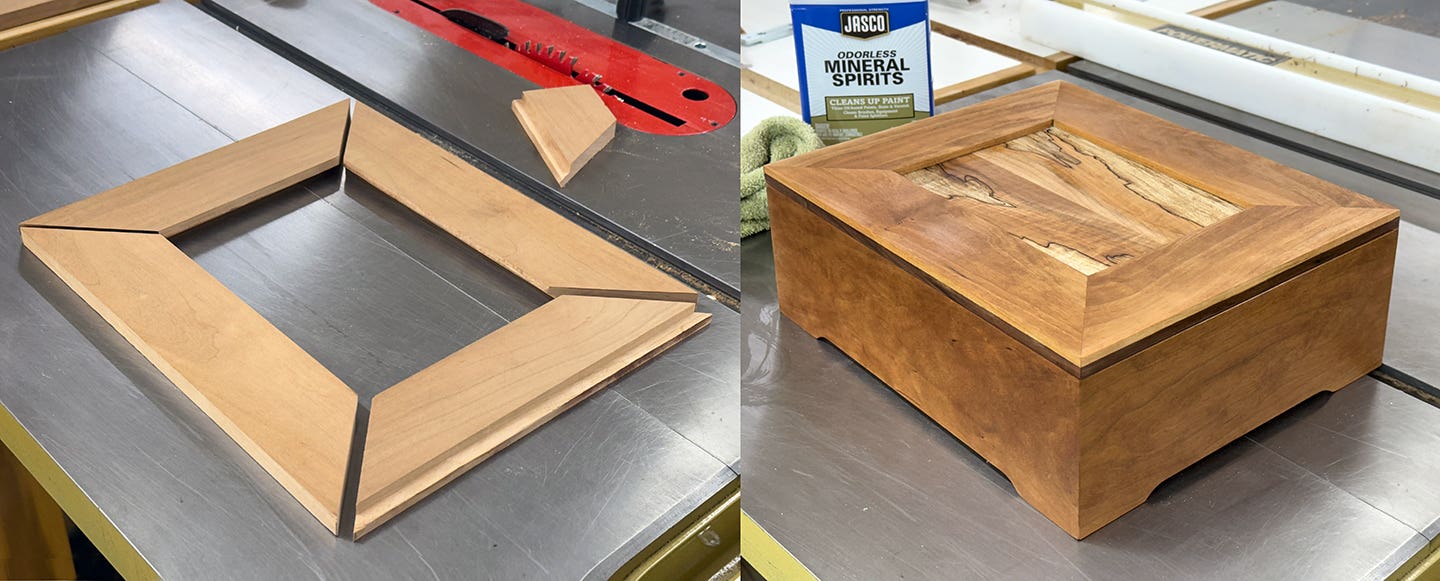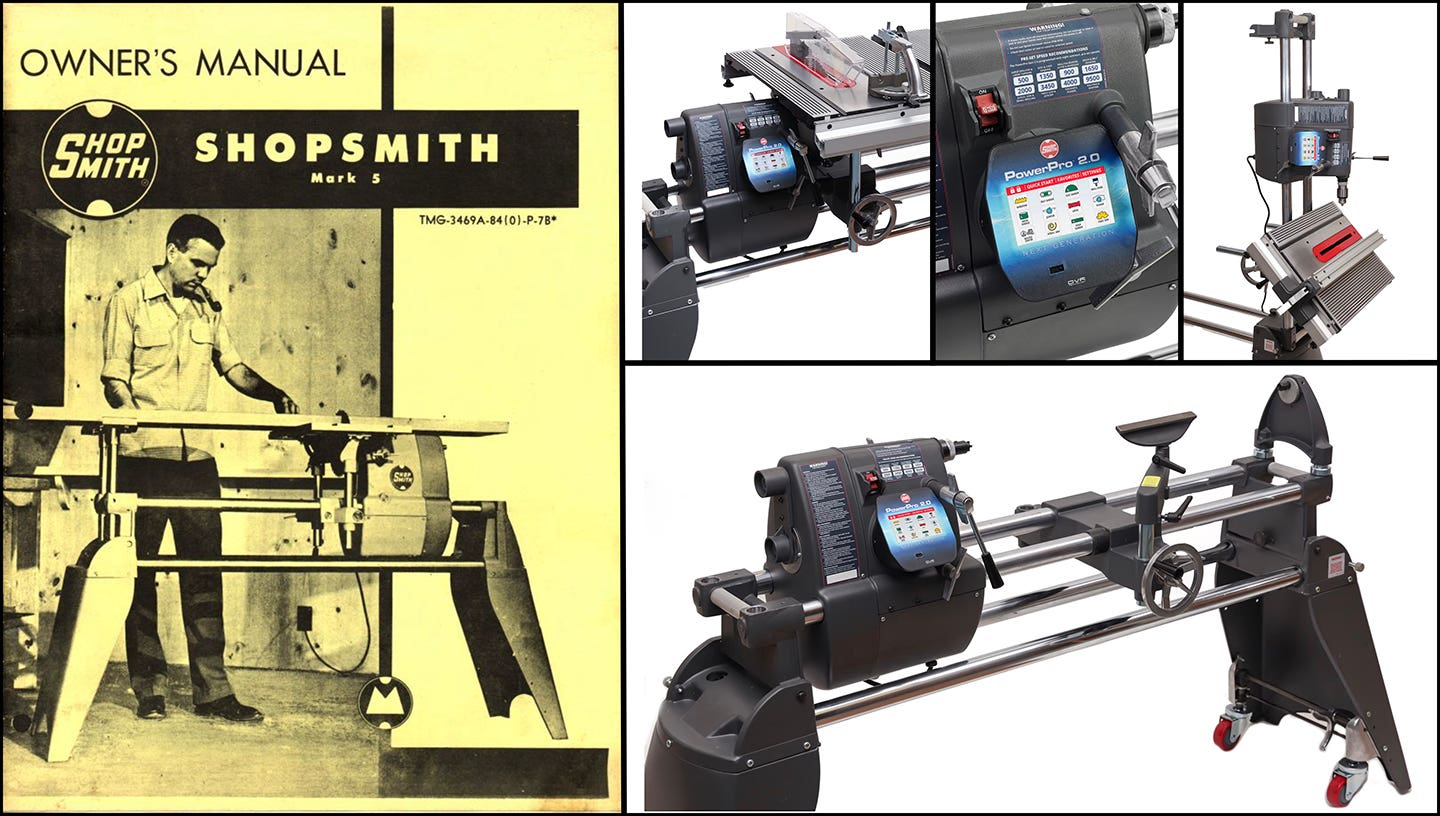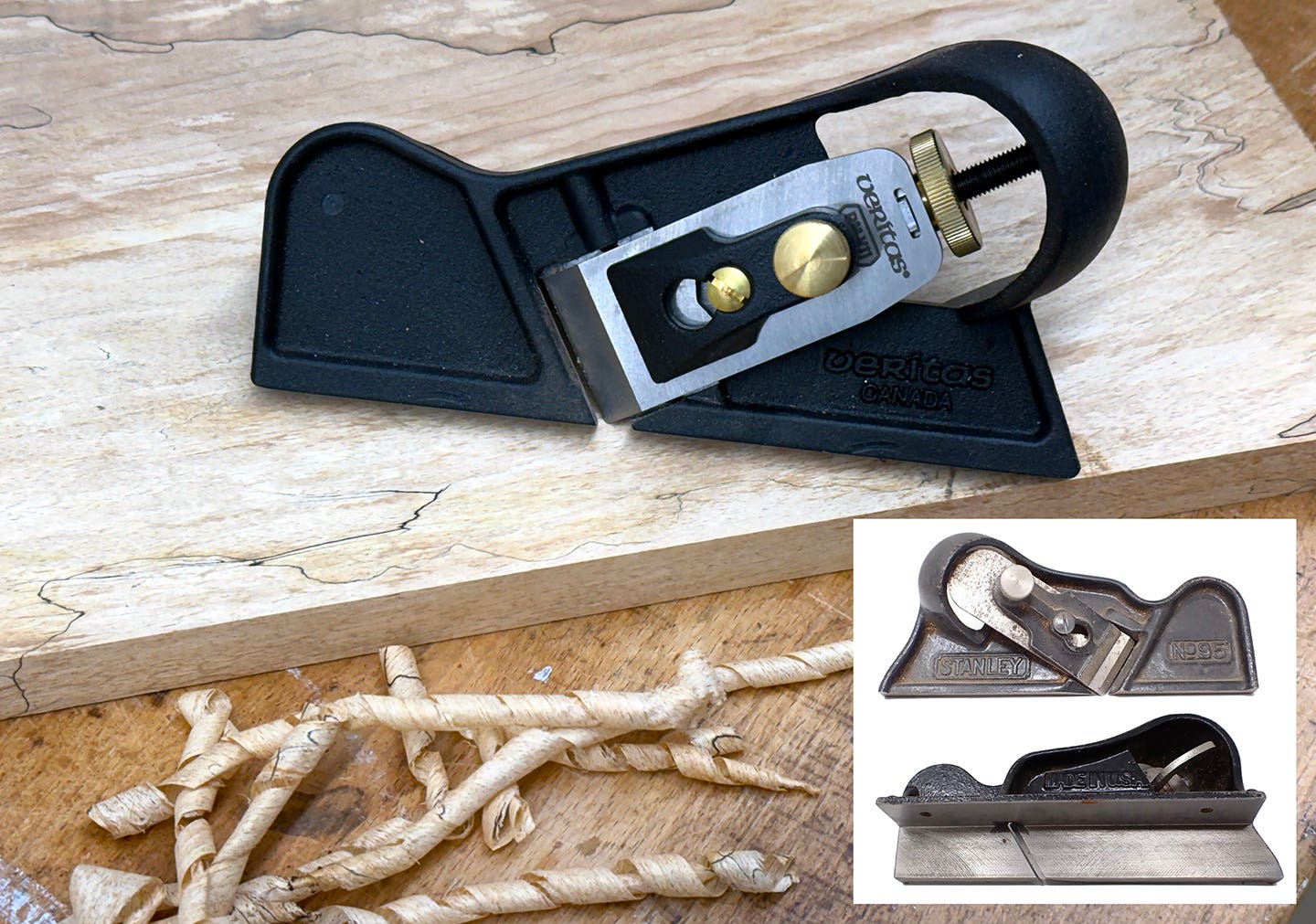Cookies, but no milk please
Not all tools are big, expensive and complicated. Sometimes its the little woodworking innovations that can have the biggest impact. A case in point would be one of the most…
Not all tools are big, expensive and complicated. Sometimes its the little woodworking innovations that can have the biggest impact.
A case in point would be one of the most talked about product introductions of the summer, which has garnered so much attention because of its sheer simplicity and ability to add a measure of efficiency to several shop tasks. Bench cookies, introduced at AWFS by Rockler, are simple plastic discs with a grippy rubber surface on both sides. A total of three components in each cookie, thats it. Sold in four-packs, each disc costs $3.
What do they do? By themselves, absolutely nothing at all; they just sit there on your bench. But while theyre sitting there, they can act as a nonskid base for just about any flat workpiece you care to put on them. For tasks involving forceful lateral movement carving, planing, belt sanding its like the workpiece has been glued down. At 1 thick, they can raise a workpiece sufficiently to allow rock-steady edge routing. They can support projects for finishing, and when used under a workpiece being sanded on a downdraft table they permit unrestricted airflow for dust collection. Have a large furniture assembly you want to upend on the shop floor? Put four of these underneath to prevent damage to the furniture top while its upside down.
Im always amazed at some of the ideas that crop up for woodworking equipment, and have always enjoyed sharing new stuff Ive discovered. Its especially fun when the item is so darned why-didnt-I-think-of-it simple.
I dont mean to denigrate truly innovative advancements such as SawStop, Festools Domino joiner, Ryobis original bench-top planer and the like. Things like that are huge. But its the simple, inexpensive items that make me a better woodworker that often impress me the most.
Till next time,
A.J.
A.J. Hamler is the former editor of Woodshop News and Woodcraft Magazine. He's currently a freelance woodworking writer/editor, which is another way of stating self-employed. When he's not writing or in the shop, he enjoys science fiction, gourmet cooking and Civil War reenacting, but not at the same time.







